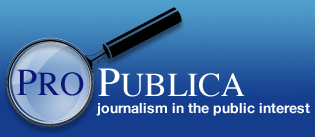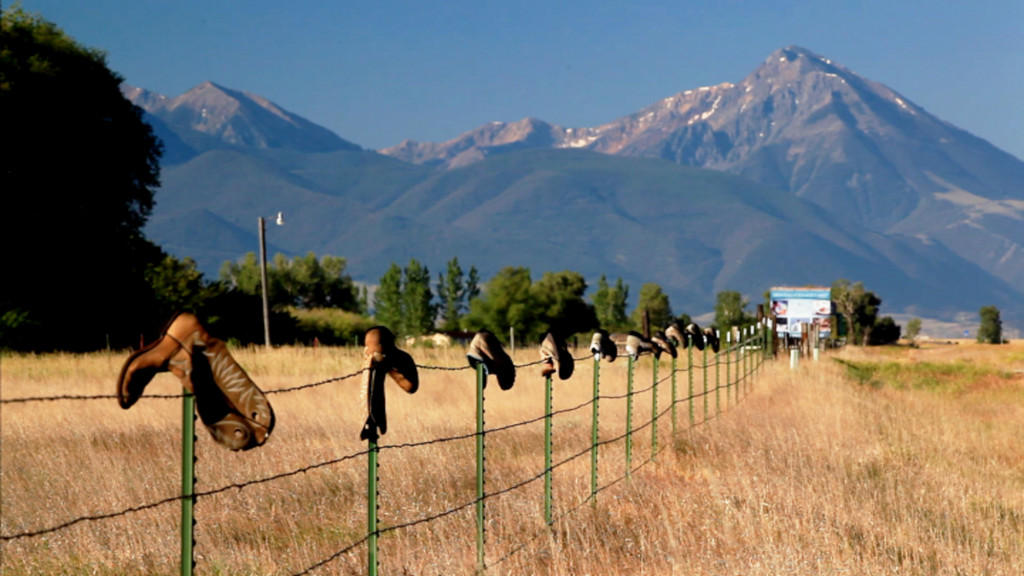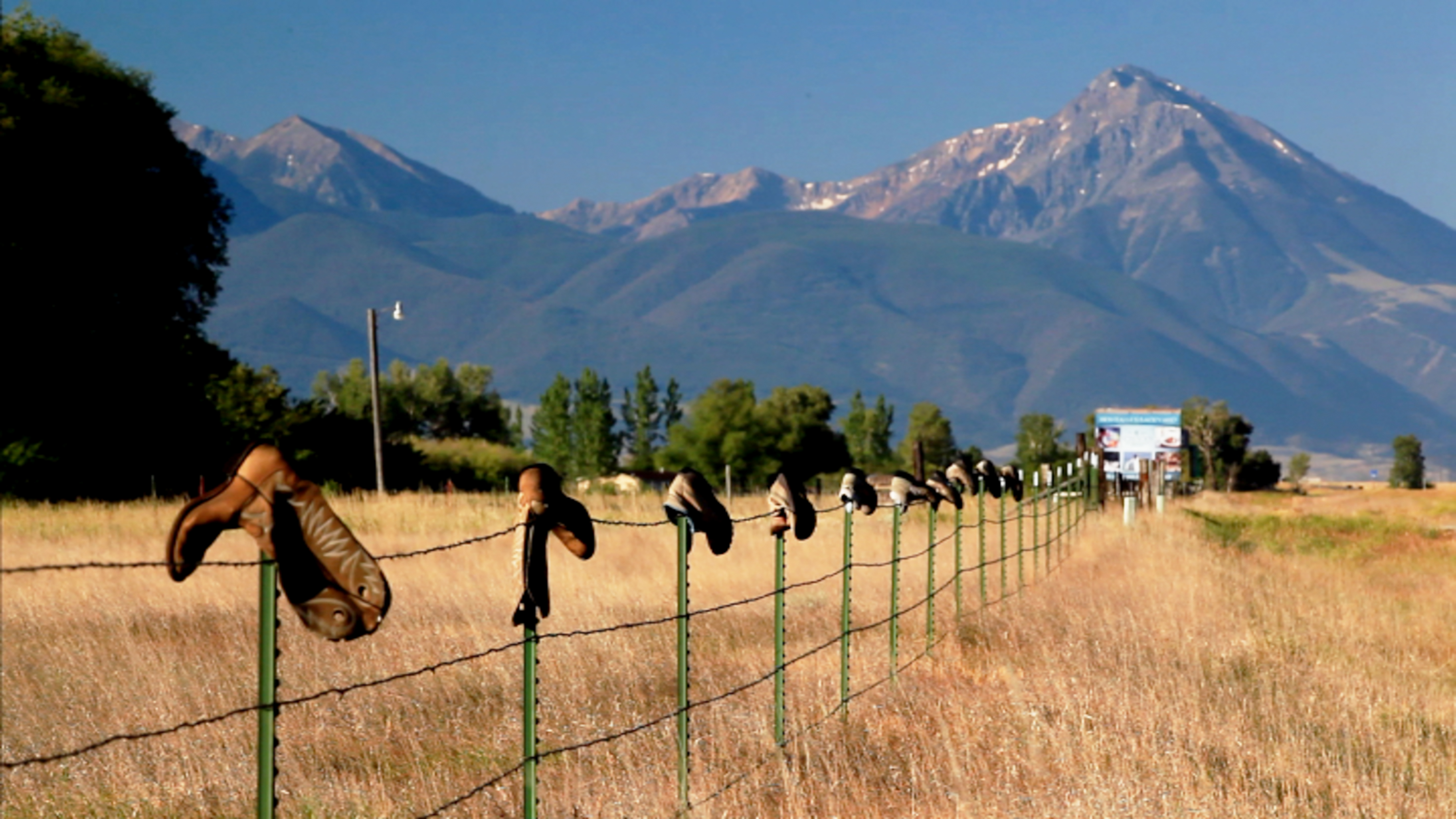“Dark Money” Group Central to Citizens United May Have Misled IRS
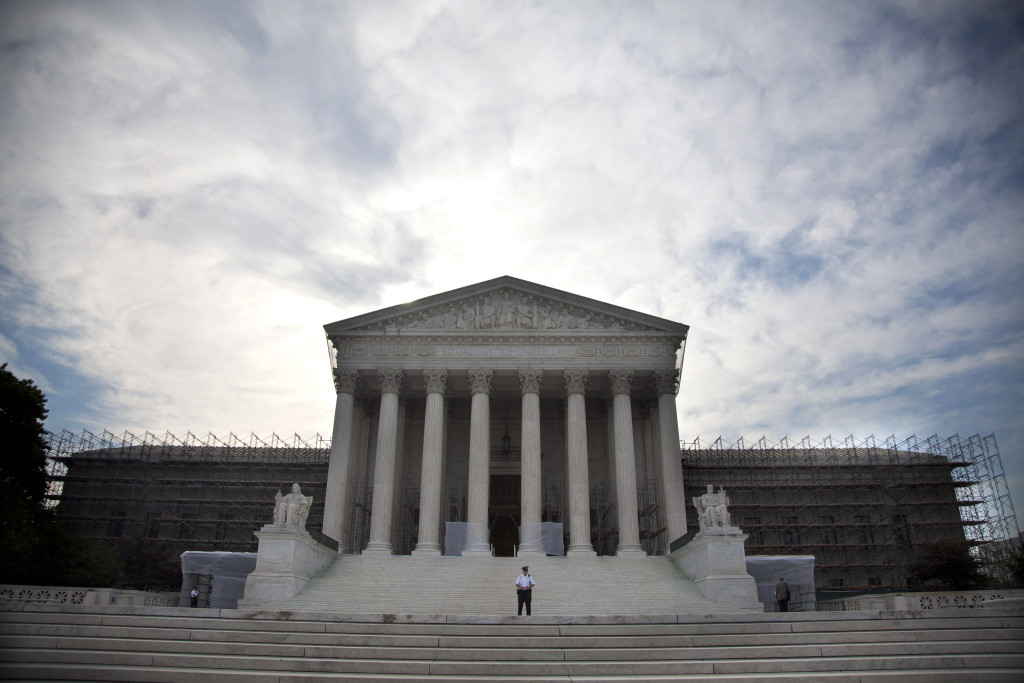
October 22, 2012
Share
A western nonprofit that played a key role in freeing corporate spending on elections nationwide appears to have misled the IRS when it applied for the tax-exempt status that shields its donors from being publicly disclosed.
Documents obtained by ProPublica and FRONTLINE show that Western Tradition Partnership, now known as American Tradition Partnership, said it would not attempt to sway elections when it asked the IRS to recognize it as a tax-exempt social welfare organization in late 2008.
Shortly before submitting the application, however, Western Tradition Partnership, which bills itself as a “grassroots lobbying” organization dedicated to fighting radical environmentalists, and a related political committee sent out fliers weighing in on candidates for Montana state office. The mailers blitzed districts in Montana days before the Republican primary.
Donny Ferguson, listed as the national director of media of American Tradition Partnership on the group’s website, did not return a call or an email for comment.
Social welfare nonprofits — also called dark money groups because they are not required to identify their donors — have poured tens of millions of dollars into state and federal elections in recent years.
As spelled out in the tax code, the primary purpose of such groups is not supposed to be political. Yet a ProPublica story published in August showed that dozens of social welfare nonprofits, some formed in the run-up to the 2010 election, had underreported the extent of their political spending and activities to the IRS.
Western Tradition Partnership, though little-known outside Montana and Colorado, is not just any social welfare nonprofit.
Its lawsuit challenging Montana’s ban on corporations buying independent political ads led to a ruling this June by the U.S. Supreme Court that effectively extended the court’s 2010 Citizens United decision to all states.
For the last two years, Western Tradition Partnership has been locked in a dispute with Montana authorities over whether it should be subject to the state’s rules for political committees.
After its mailings before the 2008 primary, the group and its political committee, the Coalition for Energy and the Environment, which uses the same federal employer identification number, sent out more fliers criticizing or praising candidates in the general election.
The group engaged in similar activities before state elections in 2010 in both Montana and Colorado. One of its fliers featured the face of Colorado state Sen. Gail Schwartz, a Democrat, grafted onto Donald Trump’s body, with the tagline, “You’re Fired!”
In October 2010, Montana’s Commissioner on Political Practices issued a report finding that the group’s purpose was “to directly influence candidate elections through surreptitious means.” The commissioner determined that the group should have registered as a political committee and reported its donors and should be fined.
Western Tradition Partnership has sued the state over the ruling. The case is set for a hearing in March.
When it applied for IRS recognition in the latter half of 2008, Western Tradition Partnership explicitly said it would not be involved in elections.
“The organization will not directly or indirectly participate or intervene on behalf of or in opposition to a candidate for public office,” the group wrote in its application, submitted under penalty of perjury.
Western Tradition Partnership also asked the IRS for expedited recognition, saying that without it, the group’s principal donor, Jacob Jabs, would pull a planned grant of $300,000.
Identifying Jabs was a highly unusual step: Social welfare nonprofits almost never disclose their donors.
Jabs appears to be the head of American Furniture Warehouse in Colorado, the state’s largest furniture retailer. He did not return calls made to his office.
Athena Dalton, who signed the request letter, and Scott Shires, a Republican operative from Colorado who signed Western Tradition Partnership’s IRS application, also did not return calls for comment.
The IRS recognized the group on Oct. 2, 2008, three days after its request.
Despite the media attention prompted by the Supreme Court’s ruling this summer, Western Tradition Partnership does not appear to have drawn scrutiny from the IRS for the statements in its application.
Though the group remains active, the IRS could locate no tax returns for it after 2008. Nonprofits that do not file tax returns for three consecutive years can lose their tax-exempt status.
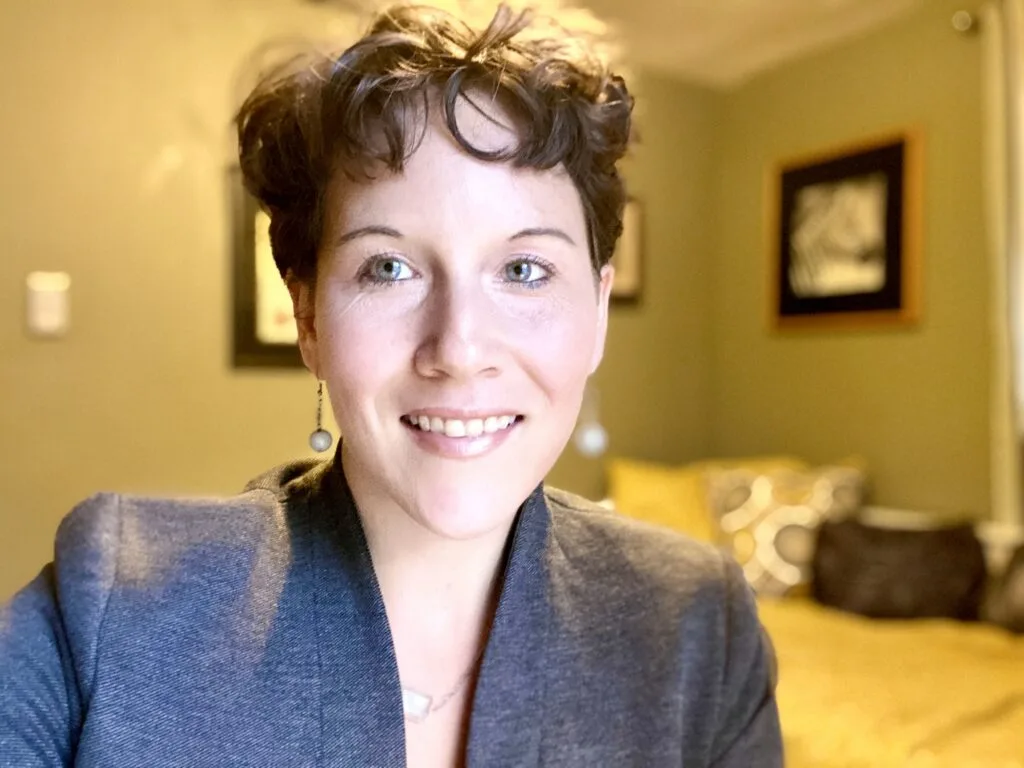
Related Documentaries
Latest Documentaries
Related Stories
Related Stories
Explore
Policies
Teacher Center
Funding for FRONTLINE is provided through the support of PBS viewers and by the Corporation for Public Broadcasting, with major support from Ford Foundation. Additional funding is provided the Abrams Foundation, Park Foundation, John D. and Catherine T. MacArthur Foundation, Heising-Simons Foundation, and the FRONTLINE Trust, with major support from Jon and Jo Ann Hagler on behalf of the Jon L. Hagler Foundation, and additional support from Koo and Patricia Yuen. FRONTLINE is a registered trademark of WGBH Educational Foundation. Web Site Copyright ©1995-2025 WGBH Educational Foundation. PBS is a 501(c)(3) not-for-profit organization.
